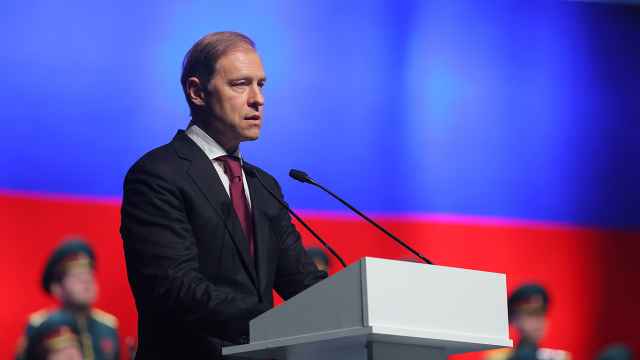The price of Russia's most popular car, the Lada, will increase by 9 percent from Thursday because of the plunging ruble, said the country's largest carmaker, AvtoVAZ.
AvtoVAZ is the latest manufacturer forced to push up prices in a worsening economy hit by low oil prices and Western sanctions over the Ukraine crisis.
Prices of imported models in particular rose last year as the ruble declined by more than 40 percent against the U.S. dollar, and the currency has fallen a further 11 percent this year.
AvtoVAZ, which produces Russia's cheap but often-derided Lada, had hoped to be able to keep prices low because it buys 81 percent of its parts locally and aimed to challenge imported cars, which have been a hit since the fall of the Soviet Union.
"We had hoped that the situation in the Russian economy would recover quite quickly, but unfortunately that has not happened," AvtoVAZ president Bo Andersson said in a statement. "AvtoVAZ is one of the last car manufacturers forced to report an increase in selling prices."
Andersson added that the Lada should remain competitive against imported cars despite the price increase, which is AvtoVAZ's largest in the last few years. The cheapest model — the Lada Granta — now sells for about 300,000 rubles ($4,600).
Lada sales dropped by 16 percent to 351,992 units in the first 11 months of last year, compared with a fall of 11.6 percent for the total car market in Russia.
A Message from The Moscow Times:
Dear readers,
We are facing unprecedented challenges. Russia's Prosecutor General's Office has designated The Moscow Times as an "undesirable" organization, criminalizing our work and putting our staff at risk of prosecution. This follows our earlier unjust labeling as a "foreign agent."
These actions are direct attempts to silence independent journalism in Russia. The authorities claim our work "discredits the decisions of the Russian leadership." We see things differently: we strive to provide accurate, unbiased reporting on Russia.
We, the journalists of The Moscow Times, refuse to be silenced. But to continue our work, we need your help.
Your support, no matter how small, makes a world of difference. If you can, please support us monthly starting from just $2. It's quick to set up, and every contribution makes a significant impact.
By supporting The Moscow Times, you're defending open, independent journalism in the face of repression. Thank you for standing with us.
Remind me later.






